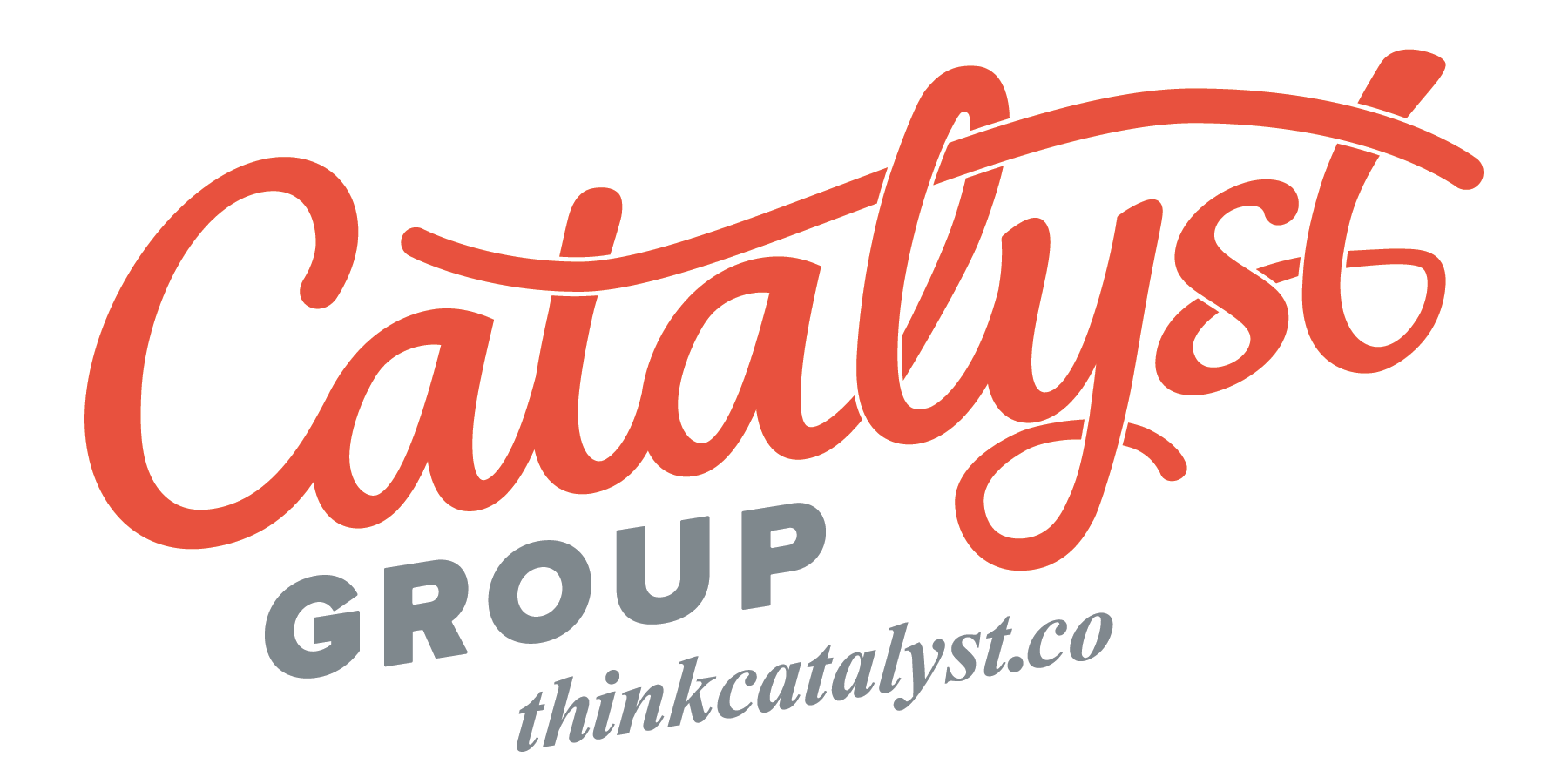Five Characteristics of Winning Proposals
March 2, 2017
Scott Dine
Partner + Technical Director
3 min read
Five Characteristics of Winning Proposals
Five Characteristics of Winning Proposals
“Some people got it, some people don’t,” so the saying goes.
The same is true of marketing proposals. When it comes to accounting marketing, some proposals get the client excited and on board, and some proposals don’t. But just what are the common characteristics of winning proposals? How do you convey value in a way that assures your client will say “yes”? As an accounting marketing service provider, I’ve observed five characteristics that winning proposals have in common.
- Target your proposal to the work requested.
Put another way, propose on the requested work, and just the requested work. Failure to provide required information, or worst, trying to oversell beyond the requested service can disqualify your firm. If the client asks you for a detailed Request for Proposal (RFP), answer all questions as asked. If the desired service is an employee benefit plan audit, don’t sell tax work. Sounds simple, but it’s easy to get wrong. If you understand what the decision-maker wants, you can target the proposal correctly. - Qualify your firm and professionals.
Show why your firm is best qualified to do the work. Many RFPs have specific requirements. Be sure your proposal answers all qualifying questions directly and succinctly. If the prospect has any questions regarding your qualifications, be sure to address these clearly. If you have special characteristics that make your firm especially qualified, shine a bright light on these. - Convey differentiating value.
If qualification is the requirement to play the game, differentiation is the key to winning. In most competitive bids, you will compete against other qualified proposals. Your proposal must clearly explain what differentiates you from the competition. Is it experience? Is it expertise? How will your expertise provide them with value? Think about your strengths in the context of what motivates the decision-makers. The answer may vary greatly, depending on the work and the individuals making the decision. Think about the most salient differentiators and use graphics to illustrate them. Consider using call-outs to highlight quotes from other influential clients. - Stand out from the stack.
Let’s face it. Accountants typically are not the most creative group. And your sense of restrained professionalism has probably pushed you in the conservative direction. But when a proposal is sitting in a stack with five others, it needs to stand out from the crowd. Think of it like a cover on a novel, or a trailer for a movie. Something needs to draw the prospect in and convince them to look inside. - Clearly deliver your brand promise.
Your brand can be a huge value and set you up for success. If you have the brand of a Big Four firm, many Fortune 500 companies assume you are qualified to serve them. If your brand is one of excellence in serving government or not-for-profit organizations, prospects might already believe you can provide differentiating value. Your proposals need to reinforce and build on your brand. This includes all aspects of the proposal, from the look, content, clarity, formatting, and even pricing.
These five characteristics certainly aren’t the entire list. Proposals for tax, consulting and auditing services can vary greatly in content and presentation. But the five characteristics above give you a solid start to a successful proposal.
Share this:

